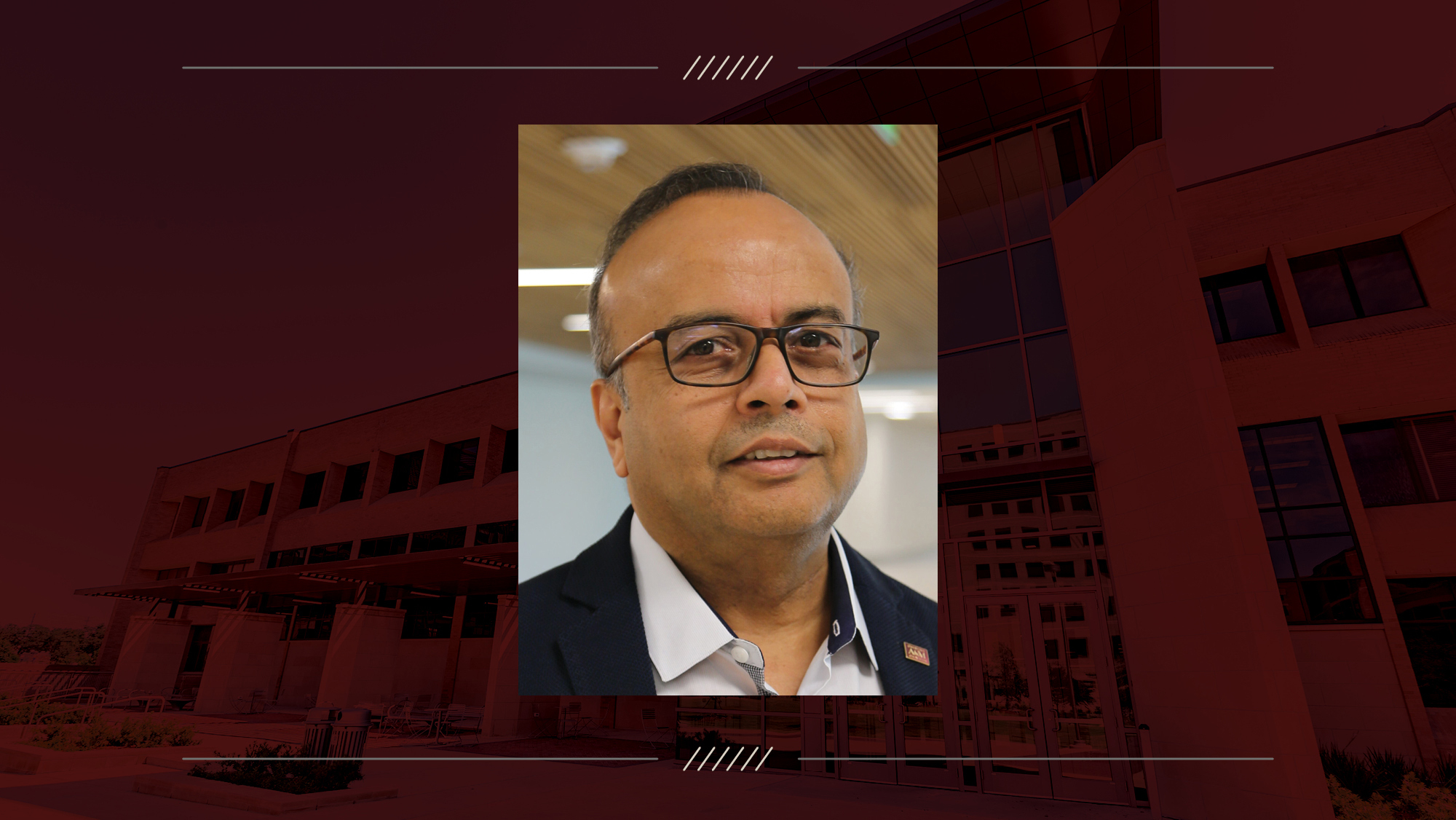
Dr. Prasad Enjeti, a professor in the Department of Electrical and Computer Engineering at Texas A&M University, has received the 2025 IEEE Power Electronics Society Award for Achievements in Power Electronics Education. The honor recognizes his transformative contributions in advancing digital and student-centered teaching methods.
“For me, this award is a deeply meaningful honor,” said Dr. Enjeti. “It reflects my lifelong commitment to power electronics education and to advancing Texas A&M Engineering. I’m especially grateful for my graduate students, whose support helped bring digital tools into the classroom.”
Enjeti’s pioneering approach includes the use of digital platforms to create a more dynamic and accessible learning environment. By leveraging interactive quizzes, virtual office hours, and collaborative spaces, he has reimagined traditional classroom instruction into a continuous, technology-enhanced learning experience.
This recognition not only affirms his efforts but also inspires further innovation to explore new and effective ways to teach power electronics.
“It brings greater visibility to the importance of education in our field and encourages collaboration across institutions,” he said. “I hope it inspires others to embrace digital tools that prepare students for the challenges of tomorrow.”
Motivated by a desire to make learning more engaging, Enjeti emphasized the importance of meeting students on platforms they use every day to create a continuous learning experience.
“By using technology thoughtfully, I aim to reduce time spent on routine tasks and focus more on meaningful interactions and deeper understandings,” he said.
For me, this award is a deeply meaningful honor. It reflects my lifelong commitment to power electronics education and to advancing Texas A&M Engineering.
Looking forward, Enjeti aims to bridge the gap between classroom learning and real-world engineering challenges by incorporating practical industry problems and solutions into the classroom.
“This approach will help them think critically, solve complex problems and become better prepared engineers,” Enjeti said.
He also continues to mentor students, many of whom have gone on to become leaders in academia and industry.
Enjeti credits his students’ feedback as a driving force in shaping both his teaching and research approaches.
“Their insights have helped create a more responsive, engaging and impactful environment, one that fosters growth in both education and research,” he said.
For aspiring educators striving to create a lasting impact in education, Enjeti advises embracing technology with an open mind.
“It's not as complicated as it may seem. With a little planning, there are many user-friendly tools and resources available to enhance teaching. Start small, build confidence, and stay focused on what benefits students most,” Enjeti said.